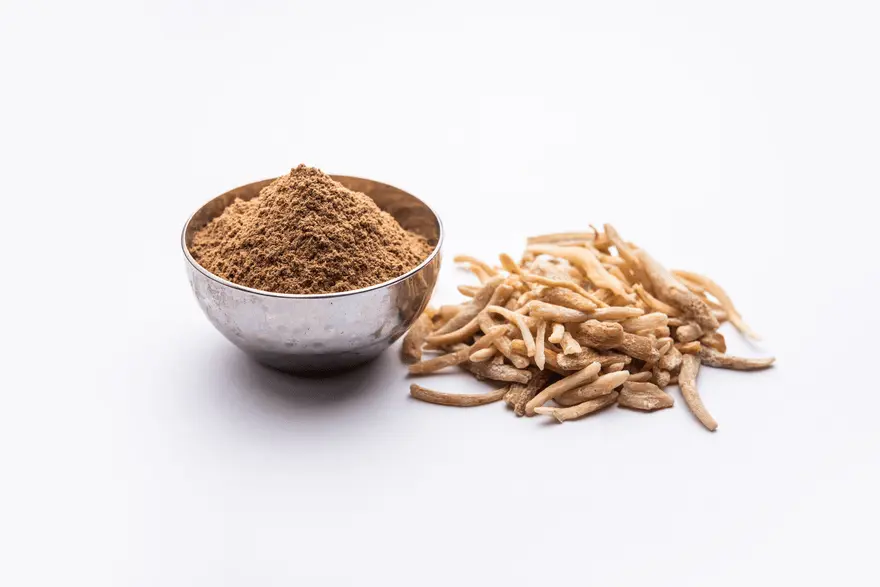Preventive Healthcare
Fatty Liver Disease - Symptoms, Causes, And Treatment
3546 Views
0

Overview
Fatty liver disease is a common condition caused by a build-up of too much fat in the liver. It damages the liver. About 25% of the world is affected by fatty liver diseases. Research also suggests that up to 75% of people who are overweight are diagnosed with fatty liver. It is most common in middle-aged men when compared with females. Your liver is the largest organ in your body. It is the size of a football. It is located in the upper part of the abdomen. The liver is beneath the diaphragm and on top of the stomach. It helps the body to digest food, store energy, and remove unwanted waste.
What is The Function of the Liver in the body?
The liver is an essential organ of the body. A few of its functions are mentioned below:
- Produces bile, which helps in digestion.
- It makes protein and cholesterol for the body.
- Stores glycogen, vitamins, and minerals.
- Stores iron by processing haemoglobin
- Regulating blood clotting
- The liver also breaks down harmful substances, which excretes in urine.
In short, the liver detoxifies and purifies the blood. It also metabolises drugs into simpler forms to use for the rest of the body.
Types of Fatty Liver Diseases
There are 2 main types of fatty liver diseases:
- Alcohol-induced fatty liver disease or alcoholic steatohepatitis: This type of fatty liver disease is associated with heavy alcohol consumption.
- Nonalcoholic-related fatty liver disease (NAFLD): Obesity and diabetes are the prime causes of NAFLD.
Signs & Symptoms of Fatty Liver
A few of the signs of fatty liver are as follows:
- Tiredness and pain in the upper right abdomen
- The skin and eyes are yellowish
- Swelling in the legs and ankles
- Itchy skin
- Dark urine colour
- Nausea or vomiting
Causes of Fatty Liver Disease
Fatty liver disease is mainly caused by:
- Consuming alcohol
- Overweight
- If you have type 2 diabetes,
- Taking some medication such as amiodarone, diltiazem, or steroids
- Obesity, malnutrition, and a high-fat diet
- Drugs and toxins
How is Fatty Liver Disease Diagnosed?
The doctor will advise you on a blood test, ultrasound, or liver biopsy.
Treatment of Fatty Liver Disease
There is no specific medication for fatty liver disease. The first line of treatment is to lose weight and quit drinking alcohol. People with fatty liver disease can reverse the disease by making lifestyle changes. You are advised to modify your diet, do regular exercise, and reduce your weight. If severely affected, a liver transplant may be the only option.
Lifestyle Changes to Prevent Fatty Liver
Check the changes that you can make in your lifestyle to prevent fatty liver:
- Maintain a healthy weight: If you are obese, weight loss is essential to reduce fat in the liver.
- Eat a balanced diet: Reduce your fat intake through diet. Include more fibre in your diet. Fresh fruits, vegetables, whole grain bread, and cereals are rich sources of fibre. Also, eat meat and dairy products. Foods to avoid fatty liver are white bread, sugars, and carbonated drinks. Hydration is needed to remove toxins from the body.
- Exercise regularly: Exercise reduces unwanted fat and maintains a constant weight.
- Avoid alcohol: Alcohol causes many health problems. Quitting alcohol is the key to a healthy and happy life.
- Take the medication exactly as directed by your doctor.
Following dietary changes and engaging in physical activity to lose weight will improve fatty liver. Losing at least 4% to 5% of body weight can reduce fat in the liver.
Call Metropolis Healthcare at 907-637-923 to schedule a lab test in the comfort of your home.
FAQ
Q1. How is the Severity of Fatty Liver Determined?
Your doctor will conduct a test to determine the severity of your fatty liver disease. The test will also determine how your condition is progressing and if you are responding to the treatment.
Q2. What Blood Tests are Required For the Diagnosis of Fatty Liver Disease?
The liver function tests required are as follows:
- Alanine aminotransferase(ALT)
- Aspartate aminotransferase(AST)
- Alkaline phosphatase (ALP)
- Albumin and total protein
- Bilirubin
Q3. How to Prepare for a Blood Test?
The liver function test requires 12-13 hours of fasting. You can only take water during your fasting time.
Q4. What If The Enzyme Levels are High?
Elevated liver enzymes are a sign of liver inflammation. If your test results are elevated then your doctor will advise a few additional tests to identify the cause of the inflammation.
You will also be advised to:
- Follow a fatty liver diet
- Quit alcohol
- Reduce weight
- Exercise regularly
- Avoid sugary and fatty foods.
Q5. What Diets Should I Follow If I Have a Fatty Liver?
With a balanced diet, a fatty liver diet helps you lose weight slowly but steadily. Rapid weight loss can make fatty liver disease worse. Eat a healthy, balanced diet, and exercise regularly. Weight loss can reduce liver fat, inflammation, and fibrosis. Consult your doctor or dietician for a healthy weight loss plan.
Q6. What Other Blood Tests are Suggested?
- Complete blood count
- Fasting blood sugar
- Lipid profile, which measures blood fats, such as LDL, HDL, and triglycerides.
Q7. What Can You Expect During the Test?
The healthcare professional will clean the area and place an elastic band on your upper arm. The blood sample is collected through a needle from your vein in a vial. The sample is then sent to the laboratory for investigation.
Q8. What Imaging Procedures Are Needed?
Other tests used to diagnose fatty liver disease are:
- Abdominal ultrasound
- Computerized tomography (CT) scan or magnetic resonance imaging (MRI)
- Transient elastography
- Biopsy
Q9. What is Cirrhosis?
Cirrhosis is a late-stage liver disease. It can be due to excessive consumption of alcohol, hepatitis, obesity, or unprotected sex. Maintaining a healthy lifestyle with a balanced diet and exercise will help to keep liver diseases at bay. Early detection is advisable to prevent fatty liver disease. A regular health check should be done.























 WhatsApp
WhatsApp